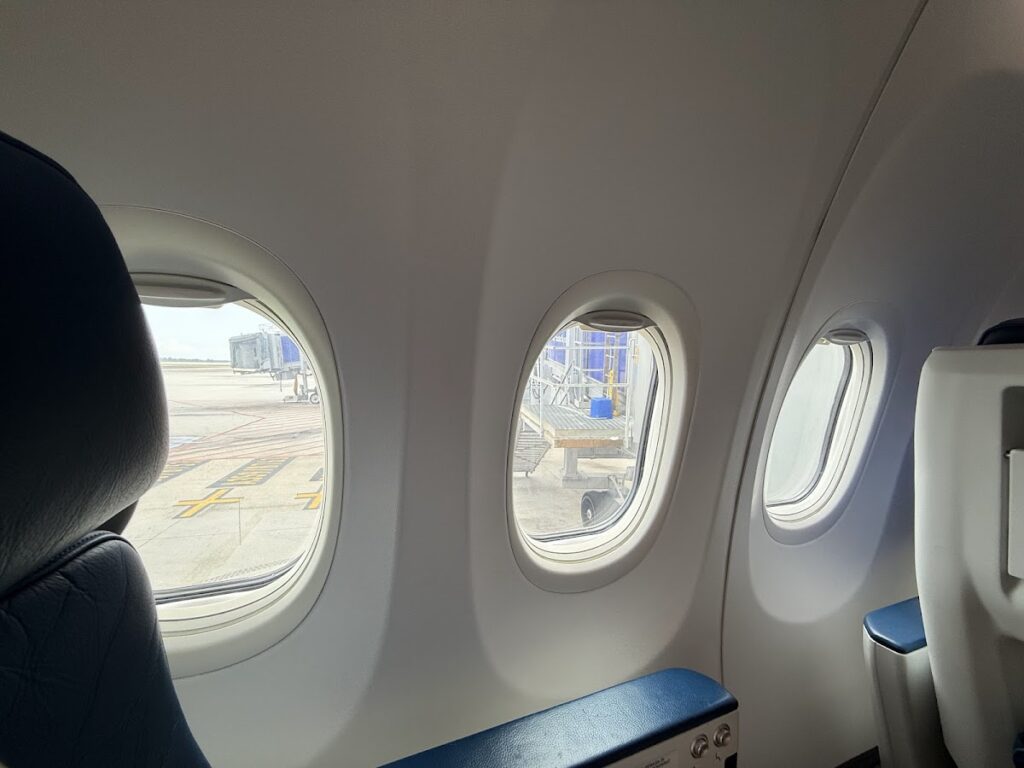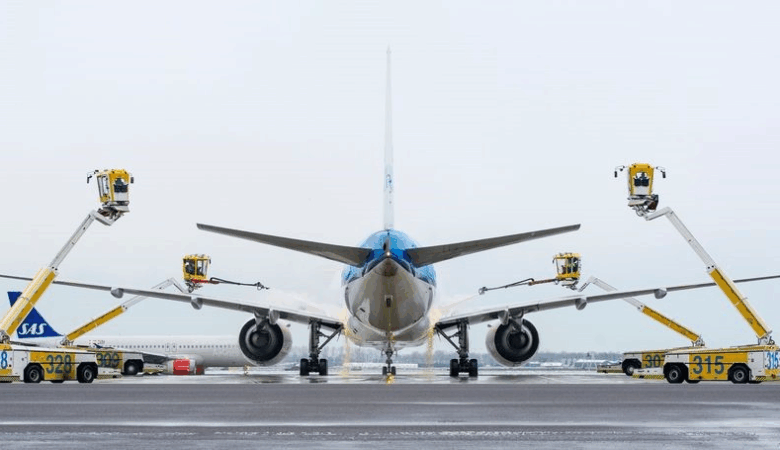A landmark legal battle is unfolding in the US, where passengers have taken Delta and United to court over the airlines selling windowless seats at premium prices. The lawsuits, filed in Brooklyn and San Francisco, argue that charging extra for a seat marketed as “window” only to deliver a view of the cabin wall is deceptive and unethical.
The question now is whether these cases will ripple beyond America. If courts agree the practice amounts to false advertising, regulators elsewhere may be forced to act. In Europe, where airlines routinely charge £30–£80 per long-haul flight for window or aisle seats, the outcome could set an uncomfortable precedent. Should airlines continue knowingly marketing windowless rows as prime real estate, or will they be compelled to tell the truth?
Passengers bringing the lawsuits say the deception is far from trivial. Many book window seats for very specific reasons: to calm a fear of flying, to manage motion sickness, to keep children entertained, or simply to enjoy natural light. Instead, they find themselves wedged against a blank panel. One United passenger was refunded for two seats but denied a refund for a third, sparking allegations of bad faith. Another received just 7,500 miles in compensation – a fraction of the fee paid.

Aircraft such as Boeing 737s, 757s and Airbus A321s are among the worst offenders, with seats deliberately placed where fuselage structure or lavatories eliminate windows. Frequent flyers already know to avoid certain rows: 17A on a Boeing 777, 11A on a 787, or 40A on an A350. Websites like SeatGuru flag them, but consumer advocates argue airlines themselves must disclose this, rather than leaving customers to scour forums.

What makes the accusations sting is that some competitors do label these rows clearly. Alaska Airlines and American Airlines, for example, note “no window” seats on their booking systems. Delta and United stand accused of staying silent, pocketing millions from passengers who paid more for a view they never received. A supposed 2017 social post stating “we never guaranteed you will get a window” has resurfaced in the filings. It remains to be seen whether it will strengthen or weaken either side’s case.
Seat selection has become a lucrative side business for airlines. Ancillary revenue accounts for billions annually, and persuading passengers to pay for specific seats is a central part of that strategy. Yet this lawsuit shines a spotlight on whether revenue growth should trump basic honesty. After all, if a hotel sold you a sea-view room and delivered a wall, no court would hesitate to intervene.
Neither Delta nor United has commented publicly, but consumer lawyers believe these cases could set the tone for global regulation. In the UK, the Advertising Standards Authority could come under pressure if courts in America rule against the airlines. Travellers, meanwhile, will continue checking SeatGuru maps and forums before parting with cash, wary of paying a premium for the worst seat in the house.
For now, the lawsuits challenge the very ethics of airlines selling windowless seats. If transparency wins in court, the ripple effects could reshape how every airline worldwide markets its cabins.





Leave a Reply